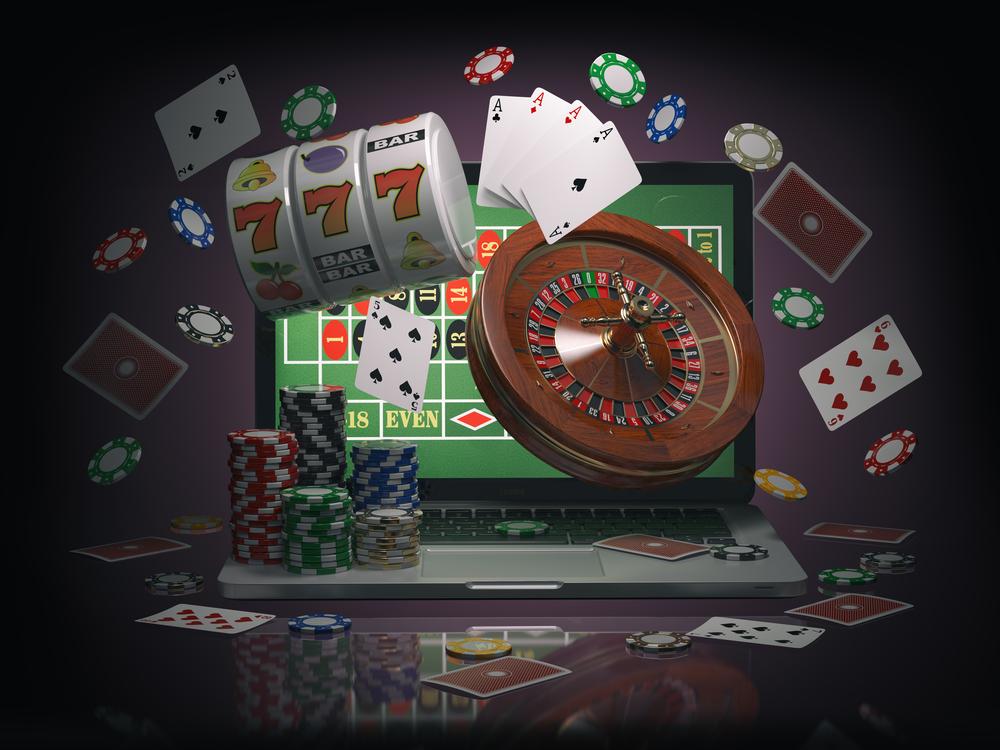
When it comes to the world of gambling, there is more than just luck at play. The psychology behind wagering is a complex and fascinating topic that delves into the depths of human behavior, emotion, and decision-making. Whether you enjoy a round of poker, a spin of the roulette wheel, or a hand of blackjack, understanding the mind games of gambling can give you a deeper insight into why we are drawn to the thrill of risking it all.
Let’s uncover the psychology behind gambling and explore the intricacies of the mind games that keep us coming back for more.
The Thrill of the Unknown
One of the key reasons why gambling is so enticing is the thrill of the unknown. When we place a bet, we are essentially taking a risk with uncertain outcomes. This sense of unpredictability triggers a release of neurotransmitters in the brain, such as dopamine, which is associated with pleasure and reward. The rush of dopamine that comes with winning a bet can create a feeling of euphoria that keeps us chasing that high over and over again.
The Illusion of Control
Despite the randomness of most gambling games, many players believe that they have some level of control over the outcome. This illusion of control is a powerful motivator that can lead us to make irrational decisions and take risks that we wouldn’t normally take. Whether it’s choosing which numbers to bet on in roulette or deciding when to hit or stand in blackjack, the perception of control can give us a false sense of security and embolden us to keep playing.
The Gambler’s Fallacy
Another interesting aspect of the psychology behind gambling is the gambler’s fallacy, which is the belief that past outcomes will influence future results. For example, if a roulette wheel has landed on red five times in a row, some players may mistakenly believe that black is “due” to come up next. This flawed reasoning can lead to poor decision-making and risky behavior as players chase patterns that don’t actually exist.
The Fear of Missing Out
Humans are social beings, and we are wired to seek validation and acceptance from our peers. When it comes to gambling, the fear of missing out can play a significant role in our decision-making. Seeing others win big or hearing stories of jackpot winners can create a sense of envy and urgency to join in on the action. This fear of missing out can cloud our judgment and lead us to make impulsive bets in an attempt to keep up with others.
The Escape from Reality
For many people, gambling provides an escape from the pressures and stresses of everyday life. Whether it’s a way to forget about personal problems, unwind after a long day, or simply have some fun, the allure of gambling as a form of entertainment is undeniable. The excitement of watching the cards fall or the reels spin can transport us to a different world where anything is possible, if only for a brief moment.
The Role of Cognitive Biases
Our minds are subject to a wide range of cognitive biases that can influence our decision-making in subtle ways. From confirmation bias, which leads us to seek out information that confirms our preconceptions, to anchoring bias, which causes us to rely too heavily on the first piece of information we receive, these mental shortcuts can impact how we approach gambling. Being aware of these biases and learning to recognize them can help us make more rational choices when placing bets.
The Importance of Responsible Gambling
While the psychology behind gambling is undeniably fascinating, it’s important to remember that wagering should always be done in moderation and with caution. Developing healthy gambling habits, setting limits on time and money spent, and knowing when to walk away are crucial skills for anyone who enjoys the thrill of placing a bet. By understanding the psychology behind gambling and being mindful of our own behavior, we can ensure that the mind games of wagering remain a fun and entertaining pastime rather than a harmful addiction.
In conclusion, the psychology behind gambling is a multifaceted and intriguing field that offers valuable insights into the motivations, behaviors, and emotions that drive our desire to place bets. By exploring concepts such as the thrill of the unknown, the illusion of control, and the gambler’s fallacy, we can gain a deeper understanding of why we are drawn to the excitement of wagering. Remember to approach gambling with caution and responsibility, and enjoy the thrill of the game in a safe and mindful manner.
































